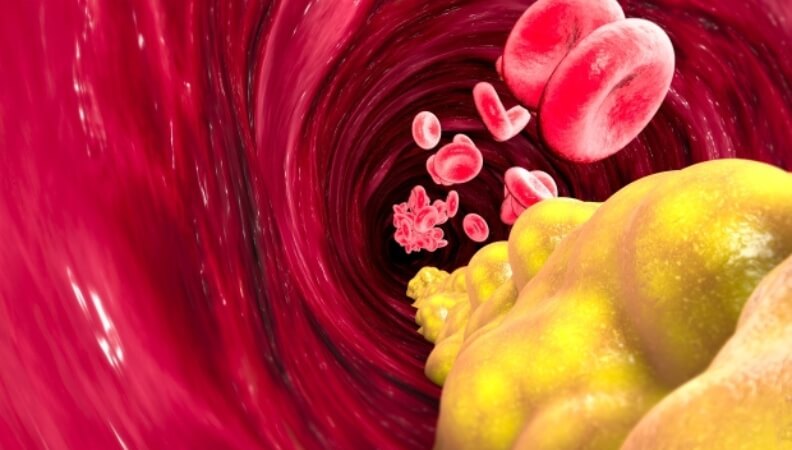Subtotal $0.00
1. Dietary Changes:
- Limit Saturated and Trans Fats: Reduce your intake of foods high in saturated and trans fats, such as red meat, full-fat dairy products, fried foods, and commercially baked goods.
- Choose Healthy Fats: Opt for unsaturated fats, especially monounsaturated and polyunsaturated fats found in sources like olive oil, nuts, seeds, and fatty fish (e.g., salmon, mackerel).
- Increase Fiber: Incorporate more soluble fiber into your diet, which can help lower LDL (bad) cholesterol levels. Foods rich in soluble fiber include oats, beans, lentils, fruits, and vegetables.
- Eat More Plant Sterols: Foods fortified with plant sterols or stanols, like certain margarines, can help reduce LDL cholesterol levels.
- Increase Omega-3 Fatty Acids: Omega-3 fatty acids found in fish, flaxseeds, and walnuts may help lower triglycerides and reduce the risk of heart disease.
2. Weight Management:
- Achieving and maintaining a healthy weight can positively impact cholesterol levels. Losing excess weight, particularly around the abdomen, can help lower LDL cholesterol and increase HDL (good) cholesterol.
3. Regular Exercise:
- Engage in regular physical activity, such as brisk walking, jogging, swimming, or cycling. Exercise can help raise HDL cholesterol and lower LDL cholesterol.
4. Smoking Cessation:
- Quit smoking or avoid exposure to secondhand smoke. Smoking damages blood vessels and lowers HDL cholesterol.
5. Alcohol Moderation:
- If you consume alcohol, do so in moderation. For men, this means up to two drinks per day, and for women, one drink per day. Excessive alcohol consumption can raise triglyceride levels and contribute to high cholesterol.
6. Medications:
- In some cases, lifestyle changes may not be sufficient to lower cholesterol to recommended levels. Your healthcare provider may prescribe cholesterol-lowering medications, such as statins, bile acid sequestrants, or PCSK9 inhibitors, depending on your individual health needs and risk factors.
7. Dietary Supplements:
- Some dietary supplements, such as psyllium husk, niacin, and red yeast rice, may have cholesterol-lowering effects. However, it’s essential to consult with a healthcare provider before using supplements to ensure they are safe and appropriate for your specific situation.
8. Regular Check-Ups:
- Regularly monitor your cholesterol levels through blood tests as recommended by your healthcare provider. This allows for early detection of any issues and adjustments to your treatment plan if necessary.
It’s important to work with your healthcare provider or a registered dietitian when making significant changes to your diet or considering medication options to manage cholesterol. They can provide personalized guidance and monitor your progress to ensure you are taking the most appropriate steps to reduce cholesterol and improve your overall heart health.


